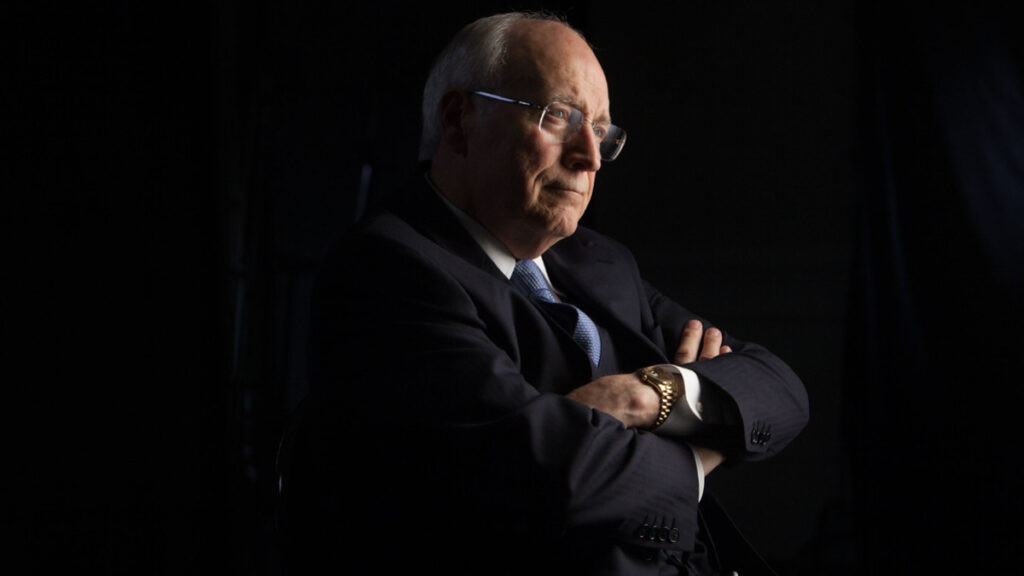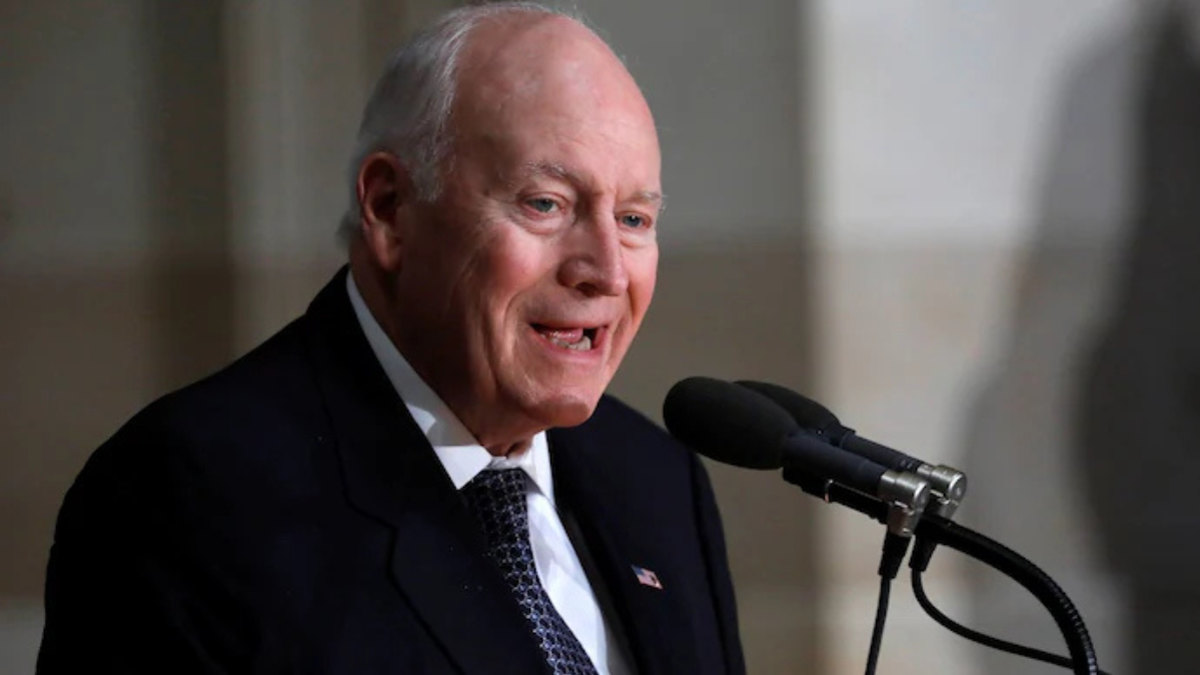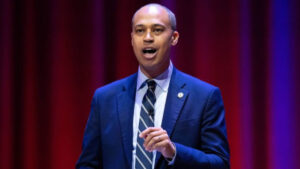Dick Cheney death at 84 has the nation pausing — and arguing. The former vice president, one of the most powerful and polarizing figures in modern U.S. politics, passed away surrounded by family on November 3, 2025, from complications of pneumonia and heart disease. Now, America’s reacting the only way it knows how: with grief, debate, and a flood of memories.
A Legacy Larger Than Politics
When news broke, tributes poured in fast. “He was among the finest public servants of his generation,” former President George W. Bush said, calling Dick Cheney a “steady hand in turbulent times.”
Others echoed that sentiment, remembering the Wyoming congressman turned defense secretary turned vice president as a man whose influence reached far beyond the West Wing. From post-9/11 decisions to the Iraq War, his name became synonymous with power — and with controversy.
The Associated Press called him “one of the most consequential vice presidents in U.S. history.” That might be the understatement of the year. Cheney didn’t just serve in government; he helped shape it.
But even the people who admired him admit — his legacy is complicated.
Sometimes, that’s the price of being the one who makes the hard calls.
The Family Moment Behind the Headlines
According to People, Cheney died Monday night, November 3, at his home in Virginia, surrounded by his wife Lynne and daughters Liz and Mary. It was, his family said, a “peaceful passing.”
That detail — “peaceful” — lands heavily for anyone who followed his decades of public service and the strain that came with it. His heart, both literally and metaphorically, was tested again and again.
Cheney’s health struggles were well-known: five heart attacks, major surgeries, even a heart transplant in 2012. Through it all, he never fully left the public eye.
You could say his story ended the way he lived — with quiet endurance.
Reaction Across a Divided America
Within hours of the news, Time and Newsweek captured the split reaction online. Some called him “a giant of American politics.” Others — well, not so kind.
Social media turned into a modern town square of grief and anger. Newsweek reported critics tweeting “Rest in Hell” — a harsh but unsurprising tone for a man who symbolized so much about the post-9/11 era.
Still, many conservatives and former colleagues shared heartfelt tributes. Former Vice President Mike Pence wrote that Cheney “defined duty.” Senate Minority Leader Mitch McConnell said, “Few shaped our modern defense policy more than he did.”
Meanwhile, the Trump camp stayed noticeably silent. The White House lowered flags to half-staff, but as Reuters noted, Donald Trump himself made no public statement — a silence that spoke volumes given Cheney’s outspoken criticism of him in recent years.
Sometimes, silence really does say everything.

From Wyoming to Washington — and Beyond
Cheney’s political journey began far from the cameras. A kid from Casper, Wyoming, who almost flunked out of Yale, he went on to become the youngest White House Chief of Staff under Gerald Ford.
From there, his climb was steady: Wyoming’s lone Congressman, Defense Secretary under George H.W. Bush, and eventually, vice president to George W. Bush.
After 9/11, his influence exploded. He was the man behind the scenes — orchestrating war strategy, expanding executive power, shaping America’s stance on terrorism. Whether you saw him as a patriot or a puppet master probably depends on which cable network you watched.
Either way, he changed jobs. No vice president had ever wielded that kind of control before. Maybe none ever will again.
Tributes and Tensions
Outside Washington, reactions hit different. Veterans posted photos from the Gulf War. Families remembered service members lost in Iraq. Some expressed gratitude; others, deep resentment.
It’s rare for one man’s passing to reopen decades of national wounds. But Cheney’s death did just that — reminding America that our post-9/11 choices still echo today.
For supporters, he was a strong personified. For critics, a cautionary tale.
And maybe that’s what makes his story so American — the duality, the debate, the inability to fit neatly into “hero” or “villain.”
The Final Image
It’s easy to picture the scene — the former vice president, now 84, surrounded by the people who knew him beyond the power suits and press briefings. His wife Lynne, his daughters Liz and Mary, holding hands, remembering the quieter years.
Because beneath the headlines and history books, there was still a husband, a father, a man who loved Wyoming skies and political chess in equal measure.
It’s that mix of grit and complexity that will keep Dick Cheney’s name alive in American conversation — for better or worse.
History’s Judgment Will Come Slowly
Even in death, Cheney remains a study in contradiction: fiercely loyal, deeply divisive, undeniably influential.
His impact isn’t measured just in policies or speeches, but in how sharply people still react to his name. Few public figures leave that kind of mark.
As one political commentator put it, “You couldn’t ignore him — and that might be his greatest legacy.”
And maybe that’s true. In the end, Dick Cheney didn’t aim to be liked. He aimed to be effective.
Sometimes, history remembers both.
Mohit Wagh is the co-founder and feature writer at The Graval, bringing 10 years of experience in celebrity and pop culture reporting. He crafts engaging, fact-driven stories that capture the pulse of what’s trending across Hollywood and beyond.




